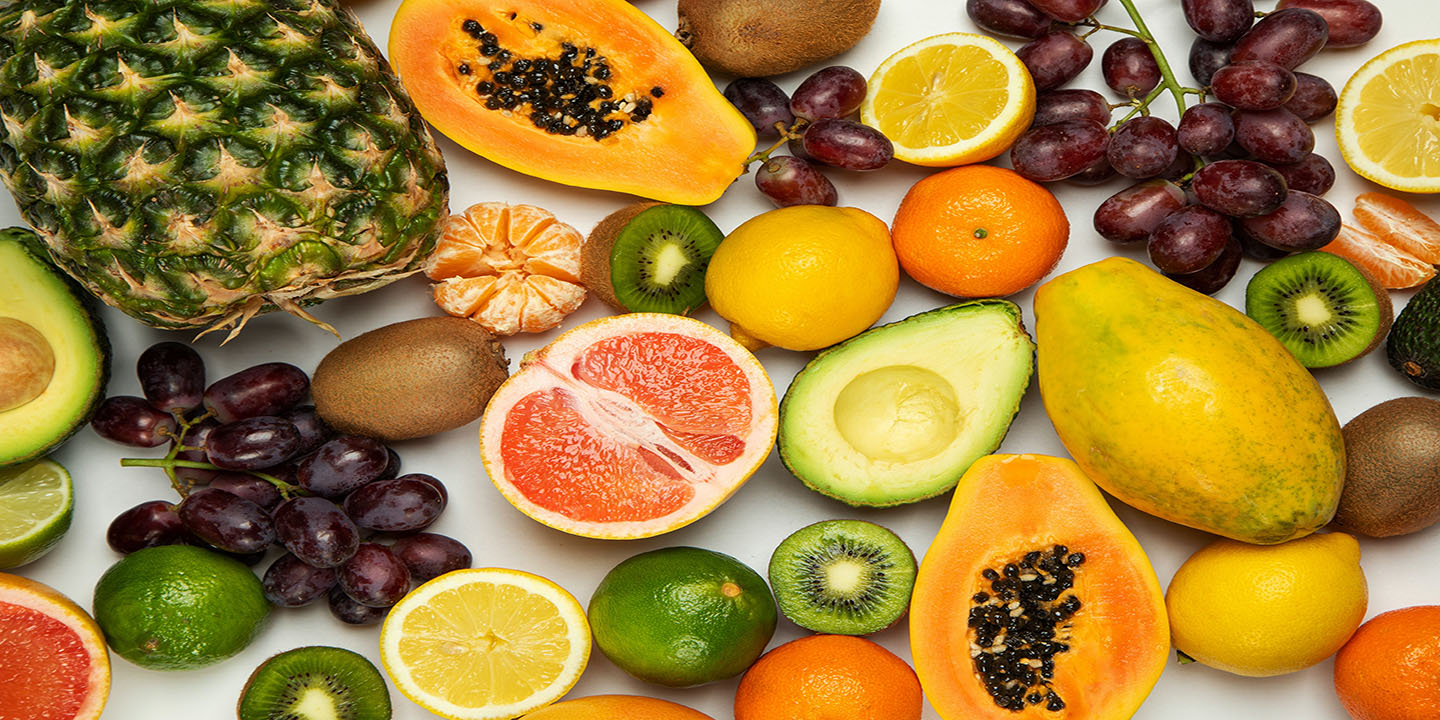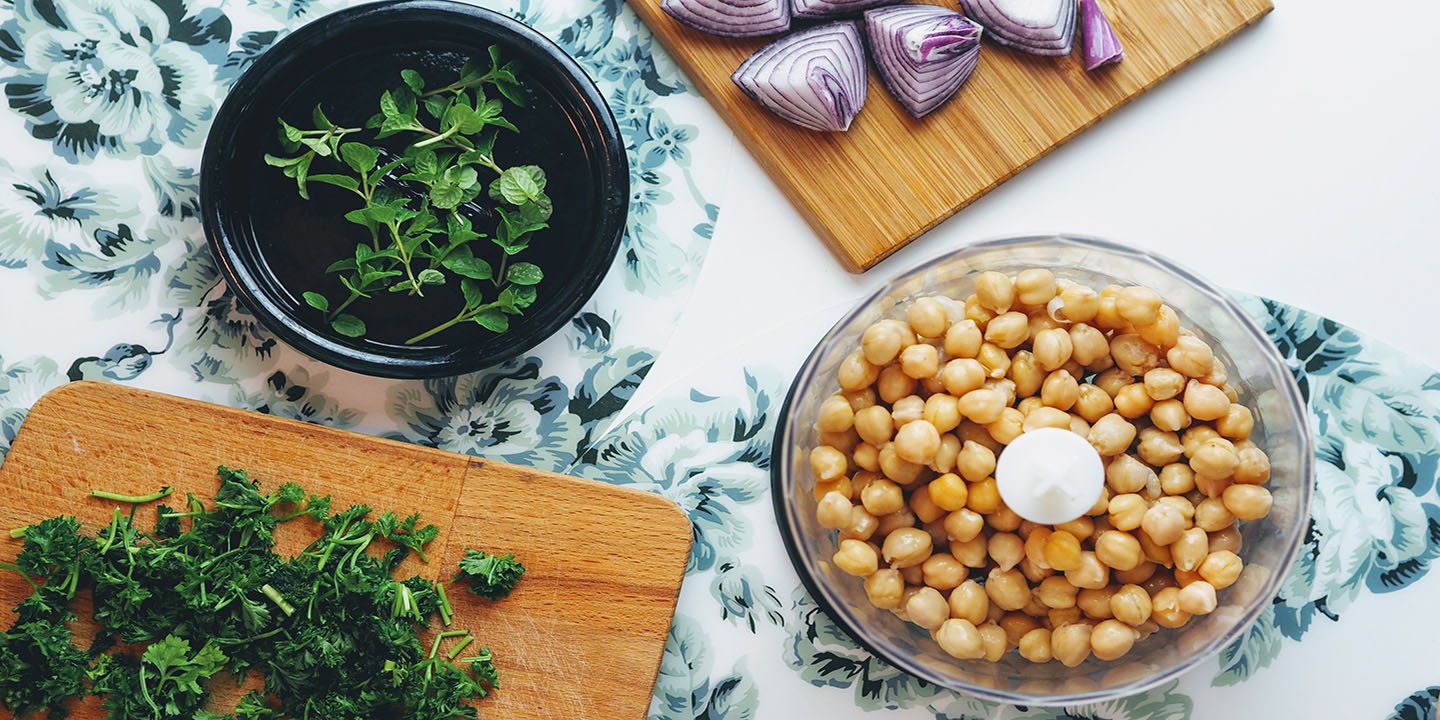Everyone knows that you are what you eat and that the food you use to fuel your body is going to have major ramifications on how well you perform day-to-day tasks. But this isn’t just limited to physical performance; food can also affect mood and cognition. It turns out that “food for thought” is actually food for thought — so here’s a list of the 10 best brain-boosting foods and the 10 worst.
1. Dark Chocolate
Chalked full of flavonoids, caffeine, and antioxidants, dark chocolate is the perfect addition to a balanced diet. Flavanoids in particular are known to boost learning, memory, and overall cognitive function — making this versatile treat both delicious and a powerful tool for maintaining brain health.
 Photo by Kier in Sight Archives
Photo by Kier in Sight Archives
2. Fatty Fish
Fatty fish, besides being delicious, are also rich in healthy omega-3 fatty acids that are crucial for maintaining brain cell structure and function. Fatty fish like salmon, trout, and sardines are all known to help reduce inflammation, which is linked to lowering your potential risk of developing Alzheimer's or dementia.
3. Turmeric
This popular orange spice is a staple in many Southeast Asian cuisines, and for good reason! Turmeric packs a massive brain-boosting punch with its high curcumin content, which serves as a powerful anti-inflammatory and antioxidant and has been shown to improve mood, enhance memory, and delay age-related cognitive decline.
4. Broccoli
Another fantastic source of antioxidants, this superfood is also high in Vitamin K. Not only is it a delicious and versatile vegetable, but broccoli also boasts anti-inflammatory effects that support brain health and improve overall cognitive function.
5. Pumpkin Seeds
Rich in essential nutrients like magnesium, iron, zinc, and copper, pumpkin seeds are a no-brainer when it comes to feeding your brain.
These powerful nutrients in tandem with vital antioxidants are all shown to significantly improve memory and prevent cognitive decline.
6. Blueberries
Packed with a heap of antioxidants that protect your brain from oxidative stress, these tiny berries are a miracle food for optimizing your brain health. Studies have shown that regular consumption of blueberries can help delay brain aging and deterioration as well as neurodegenerative diseases.
7. Nuts
Due to their high content of necessary healthy fats, antioxidants, and vitamin E, nuts have frequently been shown to improve brain health. Vitamin E in particular is known to protect cells from oxidative stress, which significantly helps slow cognitive decline, as well as improve memory and mental performance.
8. Oranges
Skip the juice and go right to the source! Oranges are packed with brain-boosting nutrients. Oranges are rich in vitamin C, an essential nutrient for preventing cognitive decline due to its ability to fight off damage caused by free radicals, thus enhancing overall brain function and staving off age-related brain degeneration.
9. Eggs
Delicious, relatively inexpensive, and rich in protein and healthy fats: what more could you ask for? Well, a lot more actually. Eggs are also an abundant source of vitamins B6 and 12, folate, and choline, all of which are crucial in regulating mood and improving brain function.
10. Green Tea
High in several brain-boosting nutrients, this caffeine-rich alternative to coffee is a powerful addition to any diet. While the drink's high caffeine content improves alertness, it is green tea’s L-theanine content that balances things out by promoting relaxation. These two compounds in addition to high amounts of antioxidants help protect the brain and reduce the risk of neurodegenerative diseases.
1. Sugary Drinks
If you’re looking to keep your brain happy and healthy, avoid sugary beverages! Drinks like soda, juice, and sweetened coffee are almost all packed with egregious amounts of refined sugar that will inevitably spike your blood sugar, leading to crashes, fatigue and reduced concentration. Plus, excessive sugar intake over the long run is known to contribute to cognitive decline.
2. Processed Meats
Good cuts of meat are a great source of protein and healthy fats. Sadly, these qualities don’t apply to highly processed meats like bacon, sausage and deli meats. These pre-packaged, processed meats are full of preservatives that lead to inflammation and promote oxidative stress, both of which are known to increase your risk of developing cognitive disorders.
3. High-Sodium Foods
We all know that salt is delicious, but you should think twice before consuming too much. Foods that are high in sodium, like canned soup and processed snacks (chips, crackers, etc), are a leading factor in promoting high blood pressure.
Over time, this will eventually prevent blood flow to the brain and increase your likelihood of suffering from cognitive decline.
4. Highly-Refined Carbs
Despite what you may think, carbs are not necessarily your enemy — but bad carbs are! Highly processed and refined carbs, like the ones found in white bread, pastries, and pasta, can cause rapid spikes in blood sugar that can impair cognitive function and negatively affect your memory.
5. Artificial Sweeteners
If not refined sugars, then maybe artificial sweeteners? Unfortunately not. Artificial sweeteners found in diet and sugar-free products, like aspartame and saccharin, are in many cases just as bad if not worse than their sugary counterpart. Many studies suggest that these alternatives can trigger headaches, cause mood disorders, and even impair learning and memory.
6. Alcohol
Minimal to moderate alcohol consumption has shown to offer some benefits, however regular or excessive alcohol use should be avoided at all costs. In addition to a bevy of health issues, chronic alcohol consumption is also linked to neurotransmitter disruption and reduced brain volume, which can significantly increase your risk of developing a myriad of cognitive impairments.
7. Frozen Meals
Frozen meals, although convenient and surprisingly tasty, are often chalked full of sodium, unhealthy fats and preservatives. All of these ingredients are known to cause inflammation, oxidative stress and less-than-optimal cognitive function.
Despite the extra time and effort, eating fresh and clean is key to a nourishing and well-balanced diet.
 Leslie Seaton on Wikimedia Commons
Leslie Seaton on Wikimedia Commons
8. Excessive Caffeine
As most working people can attest to, caffeine is a lifesaver. It boosts alertness, increases focus and packs a powerful punch when it comes to optimizing productivity. However excessive caffeine can also lead to anxiety, restlessness and disrupted sleep, all of which are known to impair proper cognitive function.
9. Hydrogenated Oils
Hydrogenated oils (i.e. highly processed vegetable and seed oils like canola and grapeseed) are rich in harmful trans fats. These oils are a ubiquitous facet of many packaged foods and are a known contributing factor in the development of clogged arteries, inevitably leading to decreased blood flow and impaired cognitive function.
10. MSG (Monosodium Glutamate)
MSG, a commonly used and undeniably delicious food additive is prevalent in many processed foods and snacks, ensuring their standard addictive quality. Sadly this commonplace food additive can lead to several brain-related issues including overstimulating neurons, triggering headaches and even brain fog.
KEEP ON READING

The Most Popular Signature Dishes Around the World
























